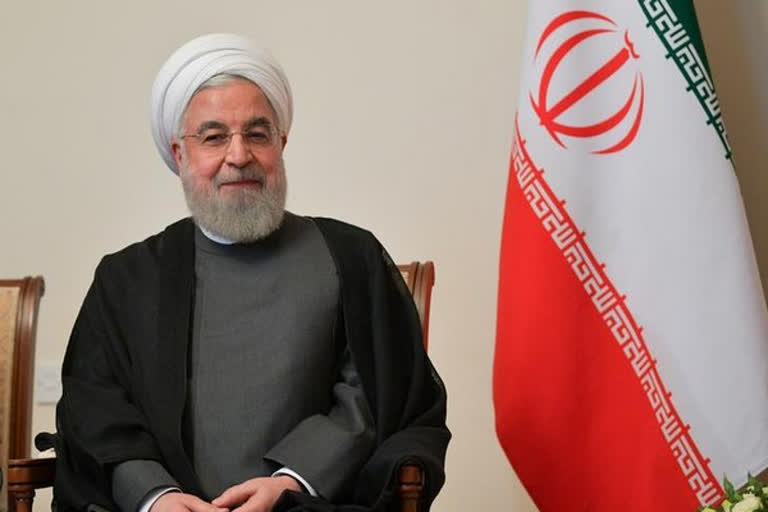Nicosia:On October 18, the UN Security Council arms embargo imposed on Iran expired and now Iran is at liberty to buy and sell conventional arms. Undoubtedly, Tehran scored a diplomatic victory against the United States which tried hard to extend the embargo. The lifting of the embargo allows Iran to buy and sell military equipment, including tanks, helicopters, armoured vehicles, combat aircraft and heavy artillery. The US Administration argues that arms sales to Iran still violate United Nations resolutions and threatened to impose sanctions on individuals and entities involved in such deals, but without the support of other countries, they will have only a partial effect.
"Ironically, the expiry of arms-transfer restrictions is likely to have a limited effect on actual transfers of conventional weapons," says Oliver Meier, a senior researcher at the Berlin office of the Institute for Peace Research and Security Policy. "Most suppliers of weapons to Iran will continue their restrictive arms-export policies."
Iranian President Hassan Rouhani said on October 14 that now Iran will be able to sell its weapons to whoever it likes and "buy arms from anybody we want. We fought with the US on this issue for four years. America was exerting itself to prevent this day from coming, but thanks to the endeavours of our diplomats the US failed." For his part, Javad Zarif, the Iranian Foreign Minister, wrote on Twitter: "Today's normalisation of Iran's defence cooperation with the world is a win for the cause of multilateralism and peace and security in our region."
Read:|US says all UN sanctions on Iran restored, but world yawns
It should be mentioned that on October 19, the Iranian Minister of Defence General Amir Hatami flew to Moscow reportedly to discuss the purchase of the S-400 system, T-90 tanks, the advanced SU-57 stealth fighter-jet and several missile systems. Hatami, however, has made it clear that Iran intends to sell more weapons than it will purchase. The Iranian government clearly said that it plans no "buying spree," as it can now in theory purchase weapons to upgrade military armaments dating back to before its 1979 Islamic Revolution and sell its own locally produced gear abroad.
Obviously, the Tehran government will not rush to buy conventional weapons form Russian and Chinese suppliers. Iran's defence budget is quite small compared to its rivals. The Stockholm International Peace Institute says that Tehran's defence budget is just USD 12.6 billion, compared to US USD 732 billion, Saudi Arabia's USD 61.9 billion and Israel's USD 20.4 billion. If Iran attempts to increase substantially its military capacity, the United States, European countries and other arms suppliers can flood Tehran's rivals in the Middle East with more advanced weapons. Furthermore, it is doubtful if Russia and China would sell sophisticated weapons to Iran, as long as it continues its antagonistic rhetoric against its neighbours, and in the light of the fact that Moscow and Beijing have good relations with Saudi Arabia and Israel.
